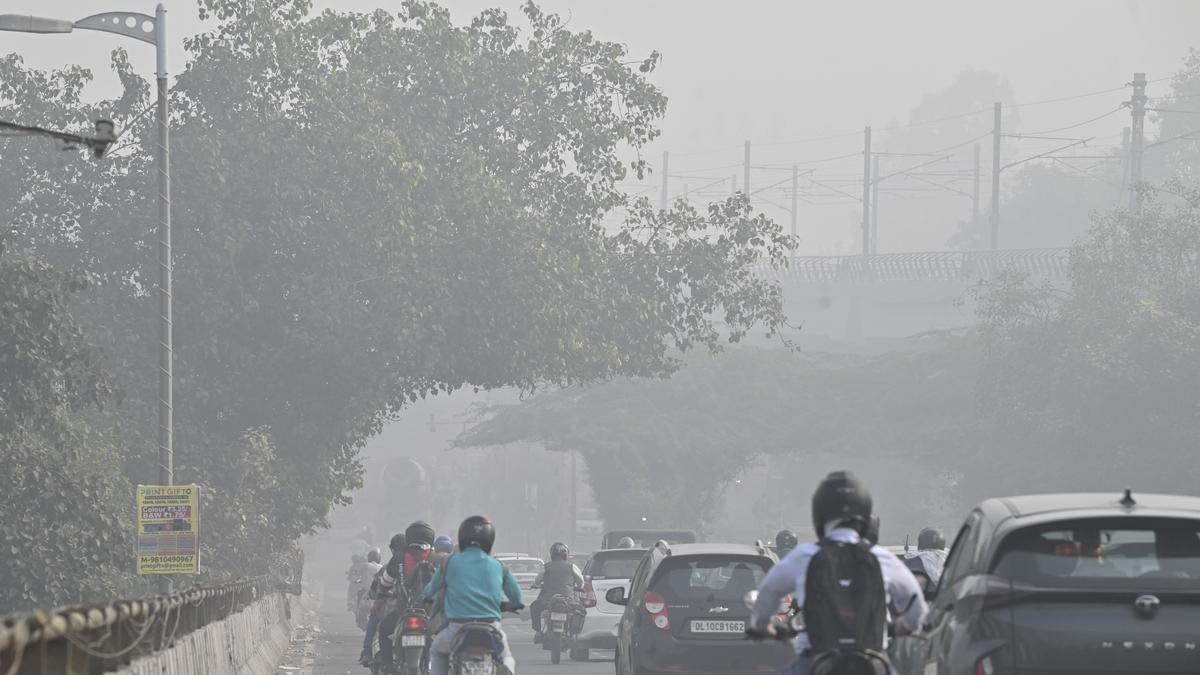Flesh Eating Bacteria In Japan: The virus can lead to rapid onset of shock and multi-organ failure after entering the human body.
A rare flesh-eating bacteria that can kill the infected individual in 48 hours, is spreading rapidly across Japan. As per reports, the country has seen a shape surge in the infected cases in the last week ( a total of 977 cases). Termed as Streptococcal Toxic Shock Syndrome (STSS), this infection causes severe illness and has fatal outcomes within 48 hours after entering the human system.
With the ability to cause tissue destruction and rapid organ failure, the uncontrolled spread of this ‘flesh-eating bacteria‘ is sounding alarms within the medical communities in Japan, and the world.
Flesh Eating Bacteria Outbreak In Japan: All You Need To Know
As Japan battles yet another disease outbreak, let’s take a look at some of the crucial features and information about the current surge in Streptococcal Toxic Shock Syndrome cases in the country.
Streptococcal Toxic Shock Syndrome (STSS), is a serious health condition which is caused due to an infection that spreads via group A Streptococcus (GAS) bacteria. As per studies, the serious health condition is marked by the rapid onset of shock and multiple organ failure, which can turn fatal, and kill the infected individual within 2 days.
STSS typically roots from infections such as pharyngitis (strep throat), skin infections (such as impetigo or cellulitis), or invasive infections like necrotizing fasciitis (flesh-eating disease) and bacteremia (presence of bacteria in the blood). This particular flesh-eating bacteria produces toxins that can trigger a widespread inflammatory response in the body, leading to the symptoms of STSS. Speaking to the media, experts said, “These toxins lead to widespread tissue damage and severe inflammation, resulting in rapid tissue necrosis (flesh-eating), extreme pain, and shock.”
Some of the initial symptoms of STSS include:
- Fever
- Chills
- Muscle aches
- Nausea and vomiting
In some rare cases, the infected individual may also witness these fatal signs:
- Hypotension (low blood pressure)
- Rapid heart rate
- Confusion or altered mental state
- Difficulty breathing
- Kidney failure
- Liver dysfunction
- Skin rash, which may resemble a sunburn
Rare-Flesh Eating Bacteria In Japan: Who Is At Risk?
As of now, experts are still understanding the changes in the behaviour of the bacteria which is spreading rapidly in Japan. However, studies have confirmed that people with an open wound are at high risk of catching STSS infection. This can include people who recently had surgery or viral infection that causes open pores.
Taking cognizance of the situation, authorities in Hong Kong have issued a new advisory to those travelling to Japan. People have been asked to maintain high standards of personal hygiene and make sure to watch out for any fresh wounds.
Experts have also released precautionary measures to prevent the infection from spreading. Some of the measures include good hygiene practices, prompt treatment of streptococcal infections, and close monitoring of wounds and skin infections. Public health education on the symptoms and risks associated with group A Streptococcus infections is also crucial for early detection and treatment.
Follow www.thehealthsite.com for all the latest health news and developments from around the world. For daily updates, follow us on our YouTube and Instagram page.









